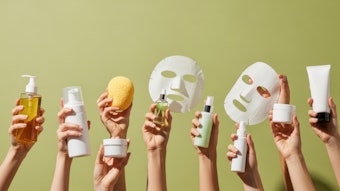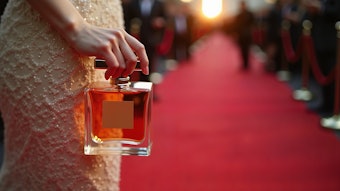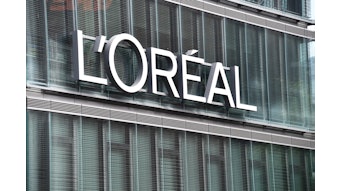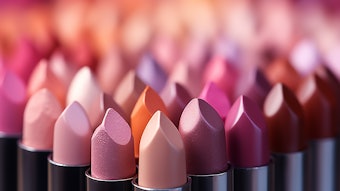In November 2009, Cosmetic Valley officially launched its “Charter for an Eco-responsible Cosmetic Valley,” based on the concept of continuous progress in environmental and social agendas. The charter was created as a strategic way to address and maintain competitive advantages, which the organization saw as particularly necessary with the onset of the recent economic crisis.
Comprised of and representing six universities, 550 supplier/brand owner companies (with total sales of €13 billion) and 50,000 jobs, Cosmetic Valley is a regional association formed in 1994 with the objective to create localized synergies, priding itself on being a world leader for perfume and cosmetic resources.
In 2011, Cosmetic Valley seeks to further develop and implement the charter, seen as a growth path for the “made in France” label. Among other projects for 2011, association president Alban Muller told GCI magazine that the Cosmetic Valley will focus on universities’ research projects at the European level, and will place emphasis on the development of exports—especially to China. Toward this goal, the association will participate in the China Beauty Expo in Shanghai in May 2011, its second appearance at the show.
European Commission Experts Rule on Parabens
In contrast with the coverage consumer media has given the parabens and the general public’s growing anxiety regarding the topic, the latest report from the European Commission’s Scientific Committee on Consumers Safety (SCCS), an independent expert panel, confirmed the safety of parabens as they are employed by the cosmetic industry.
As in its previous opinions, SCCS recommends a concentration of 0.4% for ethyl and methyl parabens. For propyl and butyl, it lowers it to 0.19% (alone or in combination) as a precautionary measure, given a lack of data. And for five other parabens (isopropyl , isobutyl, phenyl, benzyl and pentyl), SCCS concludes that the human risk can not be evaluated due the fact that limited to no information was submitted for these compounds. In a statement, Colipa, the European Cosmetic Association, explained the lack of data was due to the fact that those five parabens were of very little commercial interest for the EU cosmetic industry.
Avène Finds Success with Airless Closure for Tubes
Developed in a exclusive global partnership with Promens Personal & Healthcare Packaging, Pierre Fabre’s dermo-cosmetics brand Avène Dermatological Laboratories (a top seller in French pharmacies) introduced the D.E.F.I. patented sterile closure on tubes of the brand’s Tolérance Extrême skin care line in late 2009.
D.E.F.I.—“Dispositif Exclusif Formule Intacte” (exclusive intact formula device)—is designed to guarantee the sterility of the formula, allowing the product to truly claim “no preservatives.”
The four-piece cap includes a membrane that rises when the tube is squeezed and resumes its normal position when pressure is released from the tube.
In 2010, the closure, as used by Avène, received four awards from trade publications and three from women’s magazines. Though initially produced for the Tolérance Extrême line (for hypersensitive and allergic skins), Avène D.E.F.I. will adopt its use for its baby care products in 2011, a brand spokesperson told GCI magazine. Other lines may follow.
Parisian Show Heading to NY
Hot on the heels of its Parisian “Make Up in Paris” show (the second edition of which will be held in June 2011), French company Beauteam will organize “Make Up in New York” Sept. 14–15, 2011. Show manager Sandra Maguarian told GCI magazine that there will be 20 stands, plus a few workshops where exhibitors can demonstrate products, and that she hopes 600 to 800 visitors will attend the company’s first B-to-B makeup show dedicated to the North American market. According to the organizer, the Paris event attracted 1,400 visitors from 26 countries, and there was a real demand from participants for a New York event. Beauteam is also working on a third project—tentatively scheduled for a third country it declined to name.
Claire Thévenin is a freelance journalist based in Paris. She has covered the beauty industry since 2005, specializing in European Union regulations.










